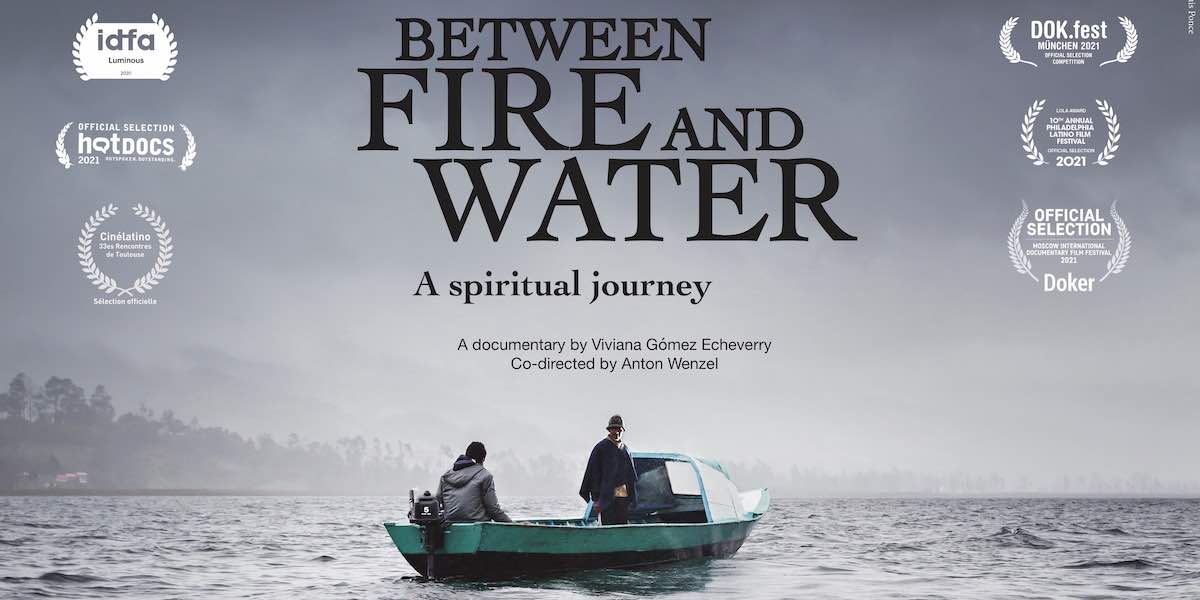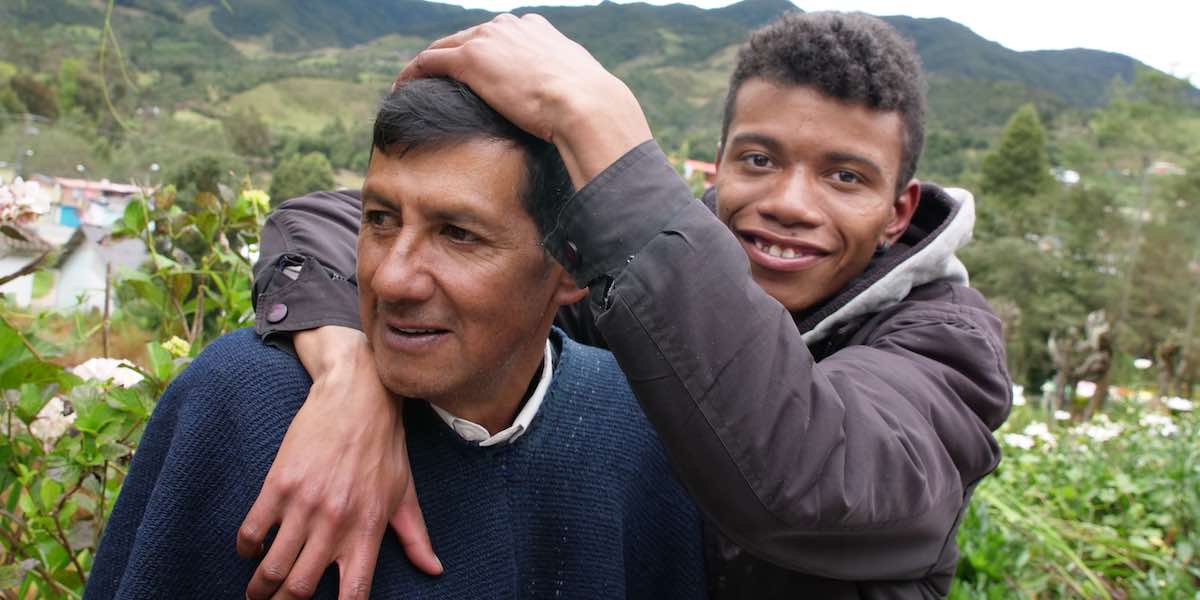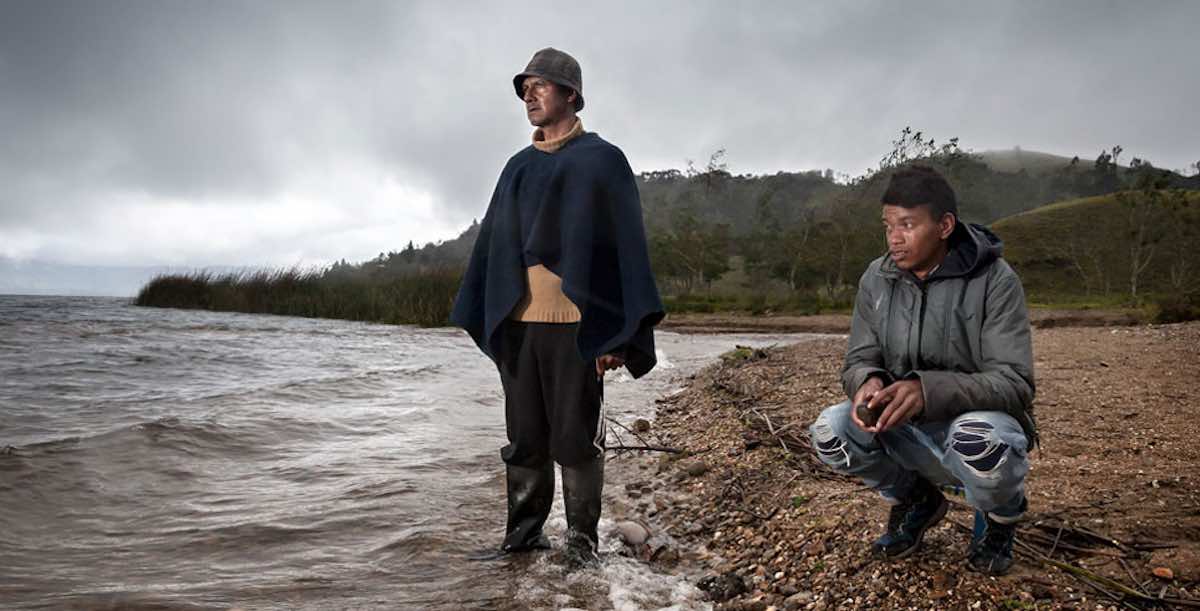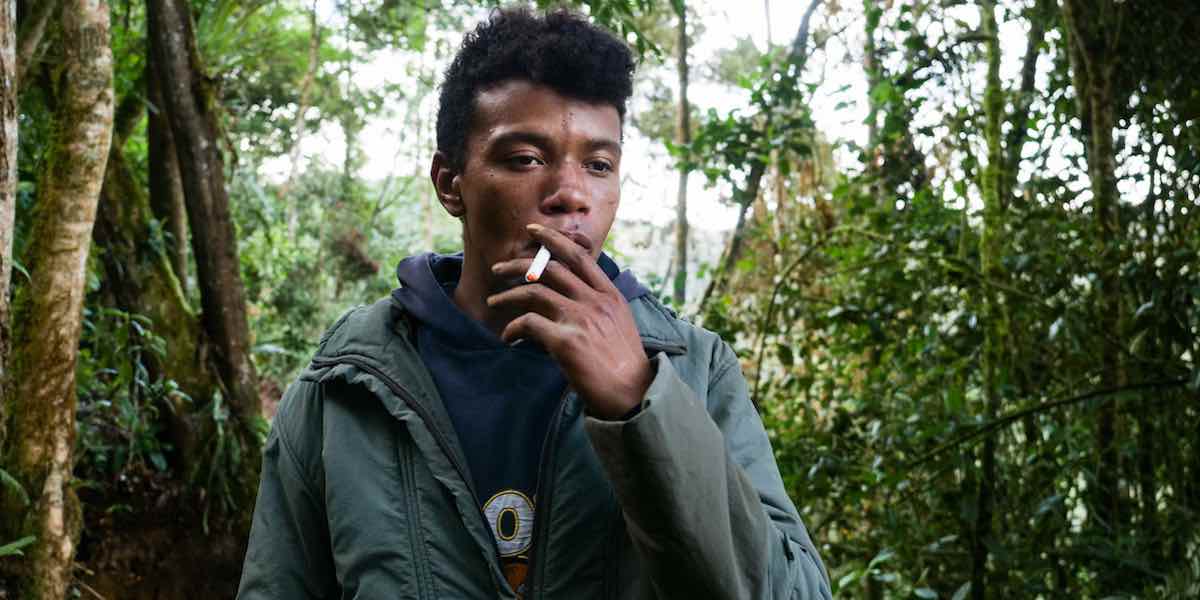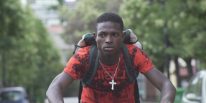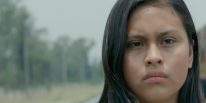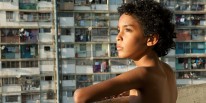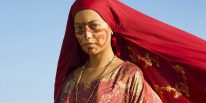Camilo is a young black man adopted by an indigenous couple in rural Colombia. He is the only black person in his community and has always felt different. For years, he has been wondering about his biological parents. The indigenous Quillasinga-governor gives him Ayahuasca, a sacred remedy for spiritual guidance. During this transcendent experience, Camilo has visions of his biological mother. Supported by his adoptive father, Camilo embarks on a journey to find his true identity and understand his two races.
With unprecedented access to the Quillasinga tribe, Between Fire and Water uncovers the social structure and justice system of this indigenous community. This award-winning documentary invites the audience to witness the traditional values of the Afro-Latin and indigenous peoples, two minority groups in a region that has historically rejected both, through this profound and personal coming of age experience.
